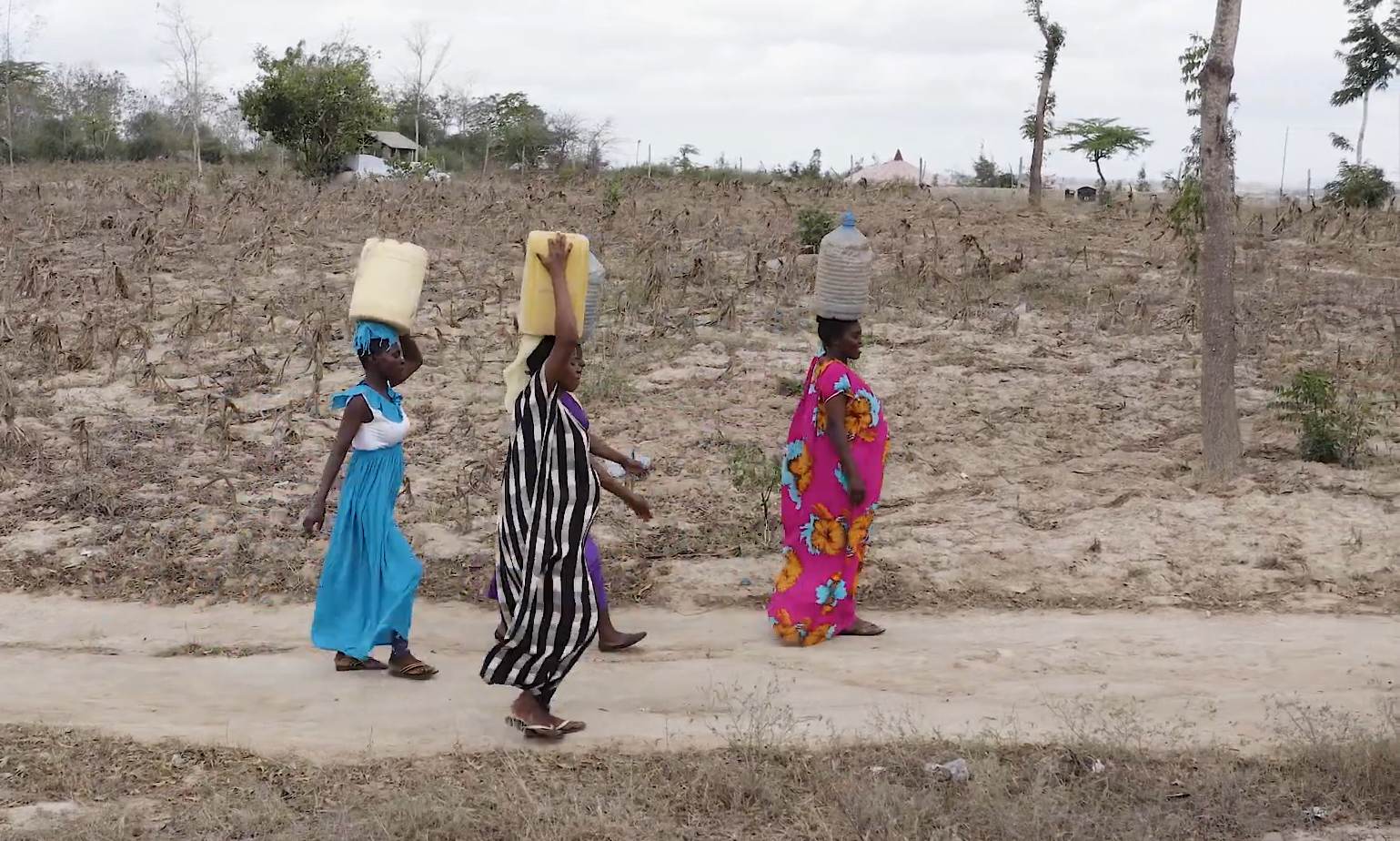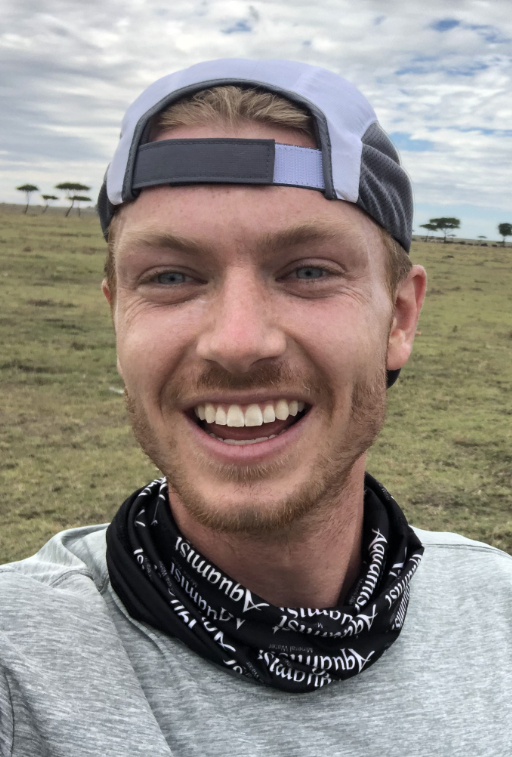
Fourth-year student Kevin McCawley spent several months working with the Climate, Heat, and Maternal and Neonatal Health in Africa (CHAMNHA) research group. The group’s work is detailed in a new video now available online.
During McCawley’s time in Kenya, he worked with local researchers to create videos—recorded and produced in the native Giriama language—that delve into the impacts of rising temperatures on the day-to-day lives of mothers and how they are coping. A third video, in English, was produced after he left but provides a good overview of the project. McCawley also had some input, as he has remained in contact with CHAMNHA-Keya Principal Investigator Adelaide Lusambili, PhD, MSW, an Assistant Professor at the Aga Khan University Institute for Human Development.

“Kevin was instrumental in aspects of our research development. He worked with the team to develop scripts, take high-quality photos and develop two short films as part of our intervention,” Lusambili, said. “Videos help community members to understand what is happening in their communities. They aren’t academicians. They aren’t going to a read a manuscript, but they will watch a video.”
These videos McCawley helped produce were used in facilitated group discussions with mothers and community leaders.
The pilot project measured the effectiveness of video as a tool for behavior change at the community level. McCawley, who is entering family medicine, has long been interested in the intersections of photography, film making, and healthcare.
“I’ve always felt that stories and storytelling are wildly important. How do stories influence behavior? How can we encourage people to tell more stories to bring about change?” McCawley said. “This project provided a great opportunity to explore how my interest in art and my identity as a physician can start to come together in order to make a difference.”
